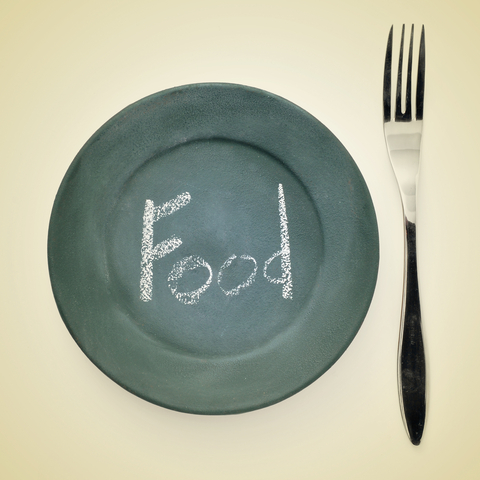Whether you’re celebrating a holiday or have upcoming meals planned with family and friends, appropriate mealtime manners can always apply!
You may be looking for resources to teach your students or children with special needs about mealtime manners.
In this social skills lesson, students will learn about good table manners such as chewing with your mouth closed, saying “please” and “thank you” and cleaning up after yourself.
Additionally, good manners during meals include:
- Staying seated throughout the meal until you are dismissed from the table
- Chewing with your mouth closed and refraining from talking until your mouth is empty
- Using your napkin to keep your hands and face tidy
- Eating your own food – don’t take from your peers unless it is offered to you
- Being polite if someone offers you something that you aren’t interested in – instead of saying “ew gross! I don’t want that” you can simply say, “no thank you!”.
- Cleaning up after yourself and ensuring your area is clean when you’ve finished your meal
These are excellent manners to use when dining any time, but especially when sharing meals with friends, family, or other individuals and can help your students build strong social skills!
This module also includes resources such as a mealtime manners activity, a mini schedule, magnet cards, and an outline to reinforce the lessons learned on this topic.
This resource was authored by Watson Institute Special Education Consultant, Andee Morris, M.Ed.
Powerpoint Presentation
Mealtime Manners Facilitators Guide
Mealtime Manners PowerPoint Presentation
Resource Materials
Mealtime Manners Mini Schedule
Pre/Post Assessment
A pre and post lesson assessment is included in each lesson. Use of the assessment is an instructor preference. Many of the ‘homework’ pages for a lesson can be used as a pre/post assessment device alone or as part of the provided assessment. Each homework page can be checked by the instructor as well as the student.
Review all included pages of the lesson to determine what ‘assessment’ method will meet your needs. If the student is able to achieve a + in the majority of items of the pre-assessment, or if the student has been observed to display the skill topic of the lesson often, then the lesson may not be introduced or can be taught with a group as review and/or reinforcement.
Mealtime Manners Pre/Post Assessment
If you have questions or concerns about the Watson Institute’s use of this information, please contact us.
